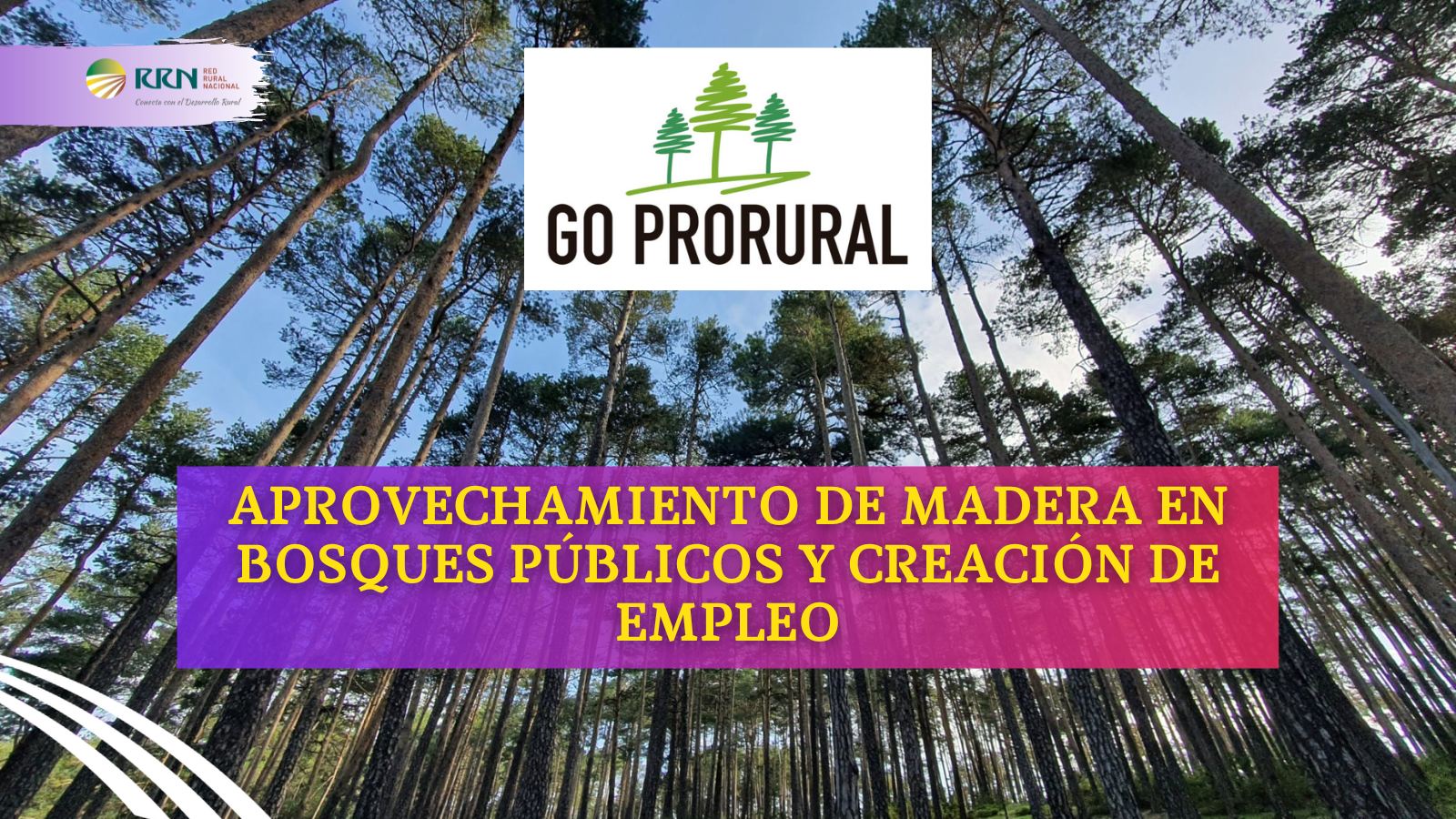
25 de January de 2023
Innovación
Its objective is to study the viability of a business model in publicly owned forests that combines the use of high-quality timber, job creation, population retention, and sustainable and efficient returns.
- The project is located in two areas of the Montes Universales of Aragon and Castilla-La Mancha
- The operation would create jobs in a depopulated area and ensure environmentally sustainable practices.
The forests of the Montes Universales , located in the provinces of Teruel, Guadalajara and Cuenca, are full of Scots pines, a conifer whose wood can be used for high added value purposes, and whose good management can be a good employment opportunity for these areas, as well as a protective barrier against fires.
A few years ago, the NGO COPADE Foundation , whose purpose is to support social development, drew on its experience in the forestry sector in Latin America to contact Leroy Merlin . In 2020, they brought together a series of actors to promote economic development and forest environmental care in an area as hard hit by depopulation as the towns around these Montes Universales in the towns of Orea (Guadalajara) and Orihuela del Tremedal (Teruel) . This is how the Prorural Operational Group was born.
Its objective is to study the viability of a business model in publicly owned forests that combines the use of high-quality wood, whose uses had been neglected, to promote the economic development of these towns and establish a population, while also obtaining sustainable and efficient returns that also counteract the current state of deterioration and neglect of the local forest.
A social business
Contrary to a business model that exploits local resources without considering their impact, "this project has always been based on sustainability and respect for the public forest," Jaime Manteca, project coordinator of the COPADE Foundation, told the National Rural Network (RRN) .
The objective, therefore, is to study the possibility of establishing an industrial plant to create products that take advantage of all the possible uses of the wood from these forests. The wood would be treated through thermal modification, which does not use biocidal chemical compounds. Currently, the Government foresees that the wood's primary use will be for structural elements (such as building construction), since "the little wood used is for making pallets and little else," Manteca notes.
This possibility is opened up thanks to the collaboration with Leroy Merlin, which would purchase this wood for its own products. Furthermore, direct work with the two municipalities involved would guarantee public participation in any company dedicated to the exploitation of these resources.
Thanks to this model, the project aims to contribute to the creation of between 15 and 19 direct jobs – thanks to the industrial plant –, establish population and attract new settlers. in two declining towns with less than 500 inhabitants.
An environmental model
To ensure that forest management is sustainable and does not lead to deforestation, the Government of the Basque Country is currently designing a strategy to obtain FSC (which the Orea forests already possess) and PEFC certifications. This would ensure that timber harvesting is carried out through prior logging management plans with established areas and times that guarantee reforestation and forest maintenance.
Likewise, the wood obtained will come with a QR code that, thanks to a blockchain system, will allow users to trace and obtain warranty information about the origin and the processes it has undergone until reaching the final product.
Components and financing
Prorural is coordinated by COPADE and is made up of Azentúa , Leroy Merlin, FSC Spain, Cesefor and the city councils of Orea and Orihuela del Tremedal.
The project is funded 80% by the European Agricultural Fund for Rural Development ( EAFRD ), managed by the Directorate-General for Rural Development, Innovation and Agri-Food Training (DGDRIFA) of the Ministry of Agriculture, Fisheries and Food (MAPA), which contributes the remaining 20%. The total aid amounts to €562,281.83.









